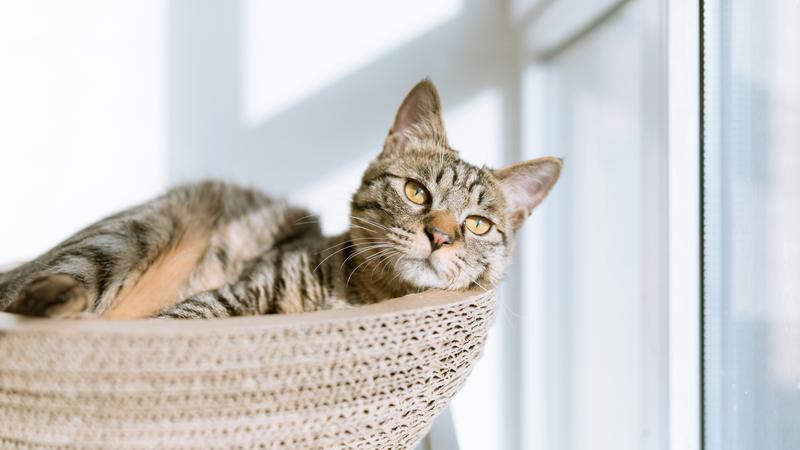Published 14:53 IST, May 24th 2024
Common Diseases That Your Cat Can Suffer From In Summer
While summer can be an enjoyable season, your cats can be affected and get sick due to the hot weather.

Common Cat Diseases | Image:
Unsplash
- Listen to this article
- 3 min read
Advertisement
14:53 IST, May 24th 2024



